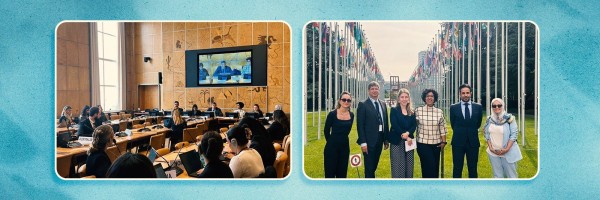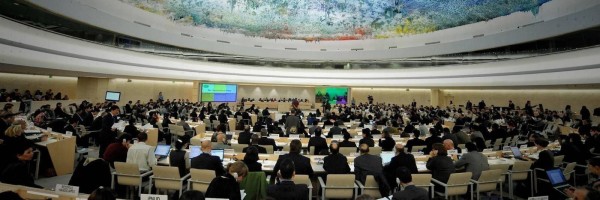The Formula 1 (F1) Grand Prix taking place in Saudi Arabia this weekend (17-19 March), amid intensified repression, is raising renewed concerns over the kingdom’s attempts to “sportswash” its abysmal human rights record, and criticism of the sport’s apparent failure to exert any positive influence.
This year’s Saudi Arabian Grand Prix, due to take place in the city of Jeddah from Friday 17 to Sunday 19 March as part of a lucrative 15-year deal, is F1’s third race in the kingdom following its inaugural event in 2021. F1’s CEO Stefano Domenicali has repeatedly defended holding the race in Saudi Arabia, insisting that it can be an agent of “positive change”. This claim is undermined, however, by the ongoing and intensifying repression in Saudi Arabia, which in 2022 reached a new low with a string of staggeringly harsh jail sentences for peaceful online activists; prisoners of conscience being held beyond the expiry of their sentences; and a spike in use of the death penalty. Just recently the authorities resentenced women’s rights activist Salma al-Shehab to 27 years in prison for peaceful social media activity, and executed Jordanian national Hussein Abu al-Khair, both following grossly unfair trials.
Far from having a positive impact on the situation, hosting prestigious sporting and entertainment events forms part of Saudi Arabia's intensive PR strategy to deflect attention away from its egregious human rights abuses, in a process known as “sportswashing”. This policy has also been pursued by other repressive actors in the region including the authorities in Bahrain, who have hosted the Grand Prix for several years without it bringing any improvement in that country’s continuing repression. During the latest Bahraini Grand Prix, earlier this month, four individuals were arrested for peacefully protesting F1’s presence there.
Domenicali recently commented that F1 would end its contracts with countries that ignored human rights issues, and NGOs including ALQST have written to him calling for F1 to disclose its criteria for deciding when to withdraw hosting privileges. F1 has previously issued a “statement of commitment to respect for human rights”, and British MPs recently called on F1 and motor sport’s governing body, the Federation Internationale de l’Automobile (FIA), to establish an independent enquiry to assess the “adequacy and effectiveness”, or otherwise, of its human rights policy.
Several high-profile figures including Formula 1 driver Lewis Hamilton have also criticised F1’s presence in Saudi Arabia. Hamilton has in the past expressed misgivings about racing there, and recently rejected claims that F1 has a positive influence. ALQST encourages other participants to speak out about human rights and openly raise any concerns.
ALQST’s Head of Monitoring and Advocacy Lina Alhathloul comments: “F1’s claim to have a positive influence in countries like Saudi Arabia, without taking a stronger stand on human rights, is totally undermined by the evidence on the ground, where we see constantly mounting abuses. It is time for F1 to openly reassess its involvement, starting by disclosing its criteria for ending contracts with repressive rulers.”




